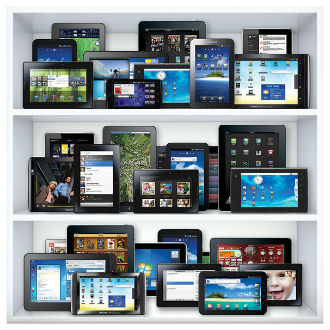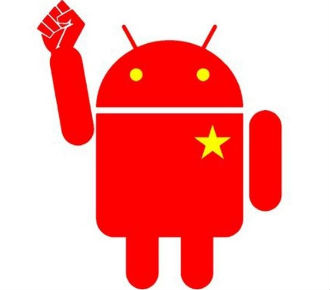 Xiaomi has said it is ready to open talks with Ericsson after a patent row resulted in a temporary ban on its Indian business.
Xiaomi has said it is ready to open talks with Ericsson after a patent row resulted in a temporary ban on its Indian business.
In New Delhi, the city’s high court issued an ‘ex parte’ injunction that prevents Xiaomi from importing and selling some of its smartphones in the country.
Officials have been ordered to visit Xiaomi India’s office to ensure it does not sell, advertise, manufacture or import devices that infringe the patents in question.
Xiaomi sells its Mi3, Redmi and Redmi Note phablet in India, but it is not clear which models are affected by this ruling.
Ericsson described Xiaomi’s use of its Standard, Essential Patents (SEPs) as “unfair.” It said its action is “a last resort” after Xiaomi ignored its letters for more than three years.
“Ericsson’s commitment to the global support of technology and innovation is undisputed. It is unfair for Xiaomi to benefit from our substantial R&D investment without paying a reasonable licensee fee for our technology,” a spokesEricsson said.
He said Ericsson was looking forward to working with Xiaomi to reach a mutually fair and reasonable conclusion, just as we do with all of our licensees.
Xiaomi said that it had not received any note from the high court yet but claimed that it was willing to discuss the issue with Ericsson:
“India is a very important market for Xiaomi and we will respond promptly as needed and in full compliance with India laws. Moreover, we are open to working with Ericsson to resolve this matter amicably,” Xiaomi said.
Ericsson is said to be negotiating compensation for patents with a number of Indian smartphone makers, and it could be that its dispute with Xiaomi goes the same way.
 The global smart home market is expected to experience consecutive years of softening growth before an upward trajectory starts in 2023 according to researchers at Omdia.
The global smart home market is expected to experience consecutive years of softening growth before an upward trajectory starts in 2023 according to researchers at Omdia.














